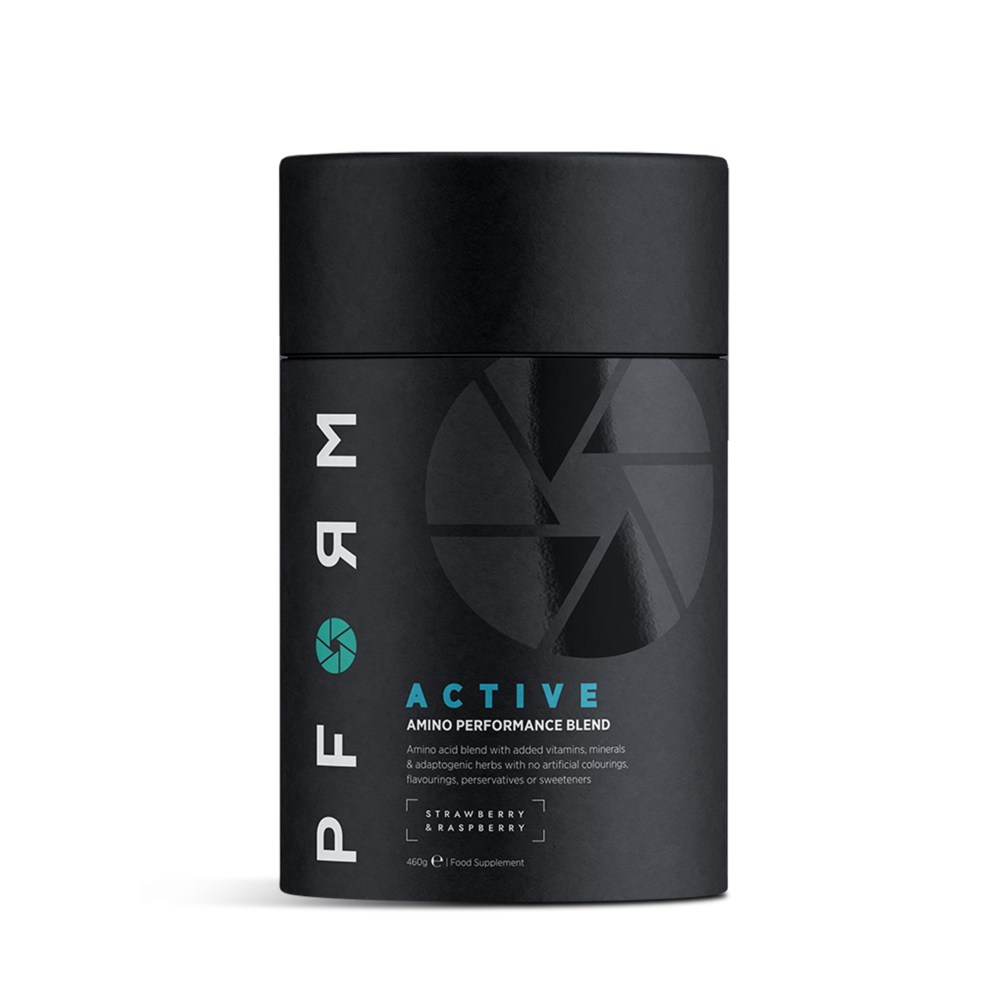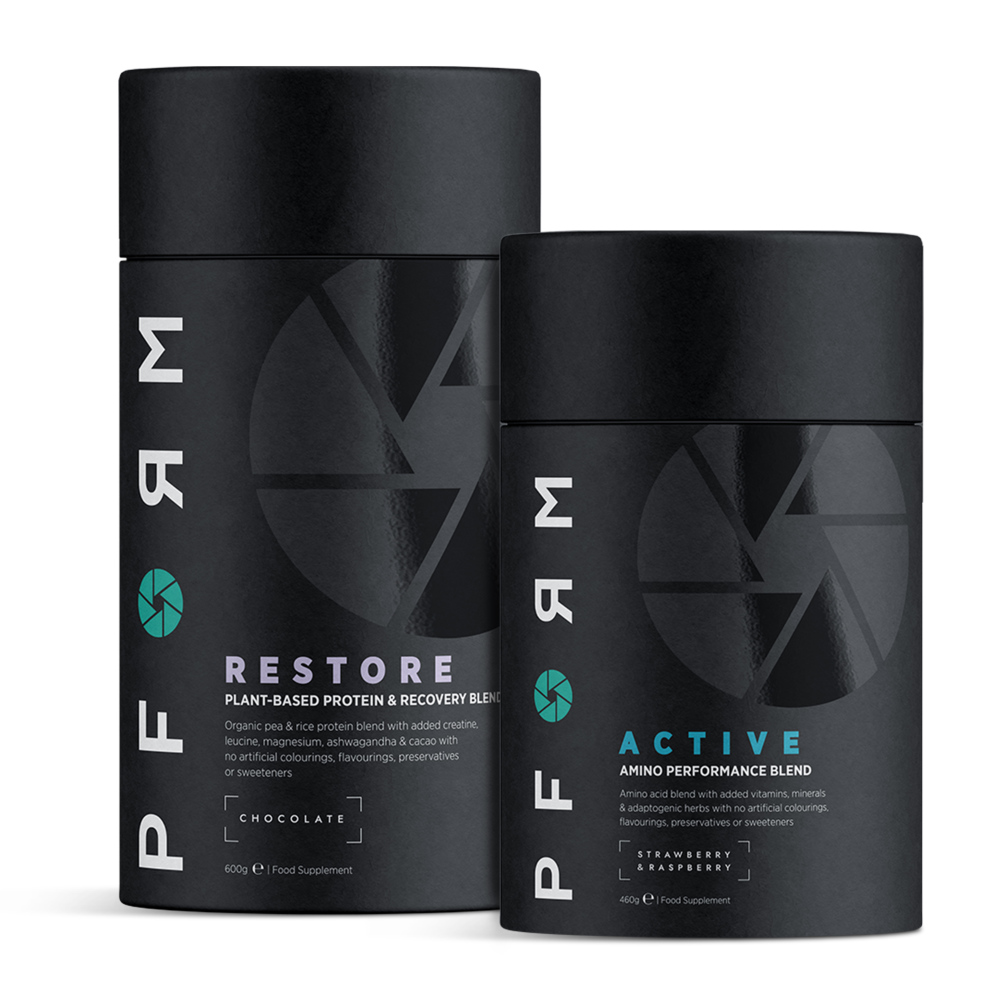
The athletic advantages of the adaptogen – Korean Ginseng
This article explains what Korean ginseng is and the potential benefits it may offer to the athlete.
The term ginseng refers to the dried roots of several plants of the species Panax. One of the major commercial ones is Panax ginseng otherwise known as Korean ginseng, and has been commonly used as a herbal medicine for over 2000 years (1).
Ginseng comprises two active substances: ginsenoside and gintonin, understood to be the yin and yang of the ginseng (2). Ginseng is also an adaptogenic agent, a nontoxic plant substance that effectively regulates and supports the stress response (1).
An overactive stress response has deleterious health effects. Elevated levels of cortisol, the key stress hormone, is associated with: muscle breakdown and fat storage, low-grade inflammation, increased risk of cardiovascular disease, gastrointestinal dysfunction, appetite dysregulation, reduced libido and levels of sex hormones (testosterone, oestrogen), suppression of the immune system and impaired memory and cognitive capacity (3).
As well as general levels of stress reported to currently be on the increase (4), athletes may be vulnerable to stress due to a strenuous training schedule, overtraining or daily stressors (5). The use of adaptogens such as ginseng may benefit the athlete, supporting the stress response, improving the recovery process and enhancing health and performance.
Let’s assess what the research says, although with Korean Ginseng much of the research is still based on animal models and largely experimental.
Korean ginseng may offer the following benefits for the athlete
Improved physical performance
Ginseng supplementation may increase VO2 max and muscular strength during exercise training (6).
Fatigue fighting
Korean ginseng may have fatigue fighting effects due to its antioxidant properties (7). Supplementation with Korean ginseng may improve performance and feelings of mental fatigue during sustained activity (8). Experimental evidence in animals also indicates that Korean ginseng may support resistance to fatigue (9).
Stress busting
Experimental evidence in animals indicates that Korean ginseng supplementation may have anti-stress properties (10), as well as indicating that adaptogens in general enhance resistance to stress (11).
Immune supporting
Ginseng may play a role in regulating different types of immune cells, supporting immune health, regulating inflammatory disease and infections (12).
Improved exercise recovery
Supplementation with Korean ginseng may reduce exercise induced muscle damage and inflammatory responses (13).
Take home points
Korean ginseng is an adaptogen: that may support and regulate the stress response, increasing resilience and robustness.
Korean ginseng may have anti-fatigue and anti-stress properties: which may enhance the recovery and performance process for the athlete.
Related Products
References
- Kim et al. (2012). Chemical diversity of Panax ginseng, Panax quinquifolium, and Panax notoginseng.
- Im et al. (2013). Yin and Yang of ginseng pharmacology: ginsenosides vs gintonin.
- Yaribeygi et al. (2017). The impact of stress on body function: a review.
- Mentalhealth.org.uk
- Angeli et al. (2014). The overtraining syndrome in athletes: a stress-related disorder.
- Lee et al. (2018). Effect of high-dose ginsenoside complex (UG0712) supplementation on physical performance of healthy adults during a 12-week supervised exercise program: a randomised placebo-controlled clinical trial.
- Kim et al. (2013). Antifatigue effects of panax ginseng C.A. Meyer: a randomised double-blind, placebo controlled trial.
- Reay et al. (2005). Single doses of Panax ginseng (G115) reduce blood glucose levels and improve cognitive performance during sustained mental activity.
- Jin et al. (2020). Clinical and preclinical systematic review of Panax ginseng C.A. Mey and tis compound for fatigue Rai et al. (2003). Anti-stress effects of Ginkgo biloba and Panax ginseng: a comparative study.
- Rai et al. (2003). Anti-stress effects of Ginkgo biloba and Panax ginseng: a comparative study.
- Panossian et al. (2009). Adaptogens exert a stress-protective effect by modulation of expression of molecular chaperones.
- Kang et al. (2012). Ginseng, the ‘Immunity Boost’: the effects of Panax ginseng on immune syststem.
- Juang et al. (2011). Effects of Panax ginseng supplementation on muscle damage and inflammation after uphill treadmill running in humans.


















